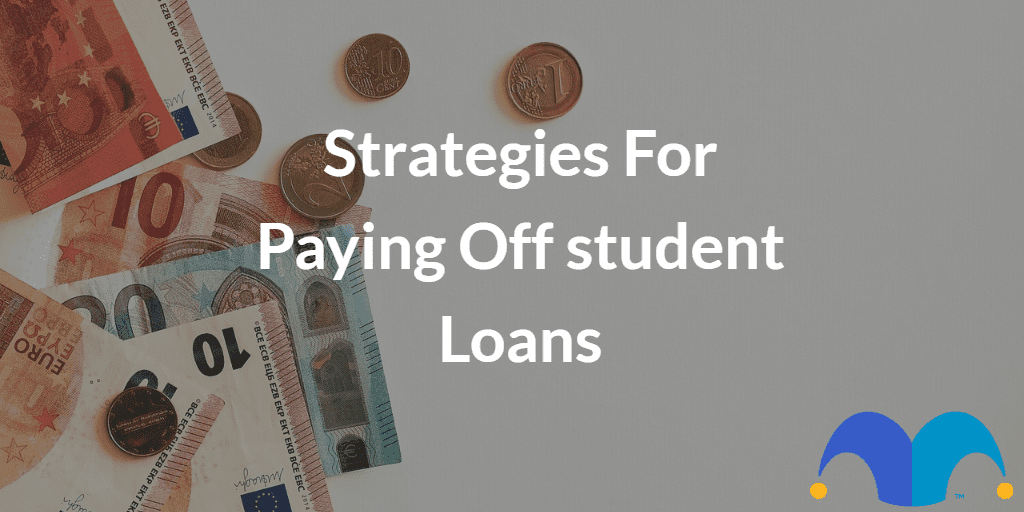You may be wondering how you are ever going to pay off your student loan. With new graduates facing paying back thousands of pounds over their lifetime, it can all feel a bit daunting.
But the more you understand how student loans work, the less scary it becomes. In fact, for the majority of graduates, there is little benefit in paying off their student loan early. But for those who still want to look to clear the debt, we’re here to break down some strategies for paying off student loans.
How do student loan repayments work?
How much and when you repay your student loan depends on which loan plan you are on and your income.
In terms of the mechanics of making repayments, if you are employed, they will be taken out of your salary at the same time as tax and National Insurance. If you want to see how much is taken, you can take a look at your payslip.
Meanwhile, if you are self-employed, HMRC will calculate how much you pay from your tax return. Your student loan repayment will then be made at the same time as you pay your tax.
When you start your repayments depends on when your income reaches a certain threshold. And this differs between student loan plan 1 and plan 2:
-
- Plan 1 – The thresholds are £382 a week or £1,657 a month (before tax and other deductions).
- Plan 2 – The thresholds are £524 a week or £2,274 a month (before tax and other deductions).
For both plans you would repay 9% of the amount you earn over the threshold.
Should you pay it off early?
Before we look at strategies for paying off student loans, we need to examine whether it is worth paying them off early.
If you are over the income threshold, then you will automatically be making repayments to the Student Loans Company.
However, student loans differ from other types of debt. Firstly, there is no real cost of borrowing as the student loan interest rates are tied to inflation.
Secondly, if your income drops below the threshold, then you do not need to repay. Unlike other forms of borrowing, there is no penalty if you have a change in circumstances and can no longer make repayments.
Finally, student loans are eventually cleared. They only have a fixed life before they are wiped.
All of these factors mean that for the majority of graduates, there is little or no point in overpaying or looking to pay off their student loan early.
What strategies are there to pay off student loans?
There are some circumstances where it may make sense to overpay or pay off your student loan. For example, you might be a high earner (salary of over £50,000 a year) who is free of debt and will not need to access high-interest borrowing such as a loan or a mortgage in the future.
So if that is you, you could:
-
-
- Create a monthly budget and see how much extra you could commit to repayments.
- Contact the SLC to make additional payments via bank transfer, Direct Debit or cheque.
-
Alternatively, you could save what additional funds you can into a high-interest paying savings account or a Stocks & Shares ISA. Then, in a few years time, take that amount, plus the interest or returns earned (there are no guaranteed returns), and make a one-off repayment to your student loan.
It is worth noting that if you have any other debts, it would be a good idea to clear them first as they are more likely to carry higher interest charges than your student loan.
